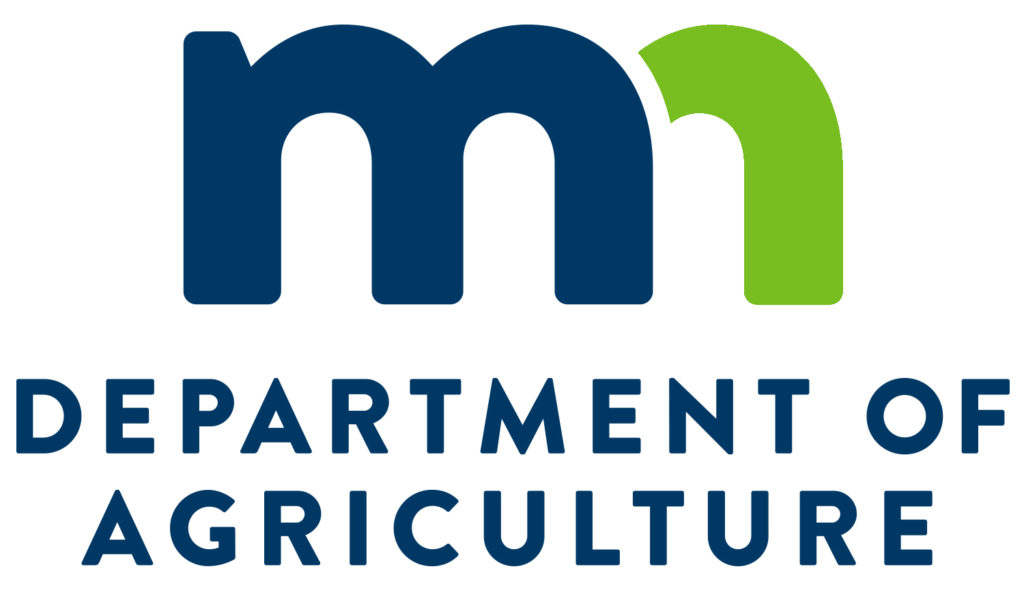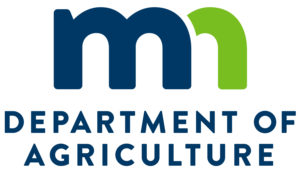
“Farmer Angel Network.” It just seems like something weird to say because you don’t typically use the words “farmer” and “angel” in the same sentence. However, the old saying that “necessity is the mother of invention” is a true one. More than half a decade of struggle in the agricultural industry has taken a big toll on farmers, so the Farmer Angel Network began in Wisconsin to give producers a safe place to talk about what they’re going through.
Randy Roeker is a Loganville, Wisconsin-based farmer who started the Farmer Angel Network after going through struggles of his own early in his farming career, a career that began shortly before the recession began in the late 2000s. It hit him hard.
A Growing Dairy Farm
“I started out milking 50 cows here,” he recalled. “Around 20 years ago, we decided to expand the operation. We kept growing and eventually we were milking around 190 cows in a 50-stanchion barn. At that time, we decided to build a new operation, so we built a new milking parlor.
“Then, of course we’d just finished building the new place when the recession hit in 2008,” Roeker said. “The anxiety got so bad for me and I got a bad case of depression. I thought I’d be the last person to come down with depression, and when I did, my thought was ‘I never want this to happen to anybody’ after I got through it.”
At one point, Roeker says they were milking close to 300 cows and losing roughly $30,000 a month. He had heard figures of other farmers losing $60-$100 a cow.
Farmer Angel Network Begins
Ten years later, Roeker decided to put together a meeting in his local church in Loganville. Little did he know how much his meetings would get noticed. At the first meeting, they were interviewed by someone from the Wisconsin State Journal. That report was released on the Associated Press Network and the story wound up all over the country.
“We next had Soledad O’Brien of the weekly syndicated talk show Matter of Fact send a correspondent up here and they interviewed everyone at our meeting,” Roeker said. “Right after that, NBC News with Lester Holt was out here at my farm, so we made NBC News talking about the work we are doing.
“What we’re doing is designed to help farmers overcome the mental challenges associated with farming,” he said. “We talk about different topics to help see these guys through the tough times. Those tough times, unfortunately, affected one of my neighbors so badly that he took his own life.”
Mental Health Struggles and Farmer Suicide
Roeker said the suicide hit him hard. The farmer who took his own life was a member of Roeker’s church. That unfortunate event took the Loganville farmer back to where he’d been ten years earlier. “I remembered feeling so alone, I didn’t have anyone to turn to, and my family had no idea what to do with depression,” he recalled. “I happened to see my therapist the very next day after the suicide and told her it’s now my calling to help other farmers.”

Farmers are self-reliant and independent people who don’t typically want to talk to others about the tough stuff they go through. However, Roeker says he gave them a safe environment to talk in and they’re taking advantage of the meetings. “One of the things we stress is it’s okay to talk about stuff like this,” Roeker said. “We need to shed the stigma of depression in farm country.”
That’s tough to do when dairy farmers are having to dump their milk and hog farmers are unfortunately having to euthanize hogs because there’s nowhere to send them to be processed. “Luckily, we’re not having to dump our milk here, but I do have several friends across the country that are and it’s just a shame,” he said.
“That’s why it’s so important to talk about anxiety and depression because all producers, no matter what crops they grow or livestock they raise, are going through the stress,” Roeker said, “and they just don’t know which way to turn.”
People can find out more about the Farmer Angel Network on their Facebook page. You can also find Randy Roeker on Facebook. “I’ve been talking one-on-one to people from all over the country who see my name in the media and reach out,” Roeker says, “I welcome that because I’ve been through it and I don’t want anyone else to feel so alone that they can’t reach out and talk.”
Overcoming Farmer Reluctance to Talk About Depression
Little by little, Roeker thinks people in his area are getting over the stigma of talking about depression and struggles. Still, it’s a work in progress. He says farmers have driven to his meetings from several hours away, likely because at least some of them don’t want their neighbors to know about their struggles. One thing Roeker would like to see is the Farmer Angel Network spread to other communities and even other states.
“I’ve talked to at least five people about starting these meetings in their own communities,” he added. “Everyone needs to talk out their problems and when we get together like this, it’s a safe setting with like-minded people.”


